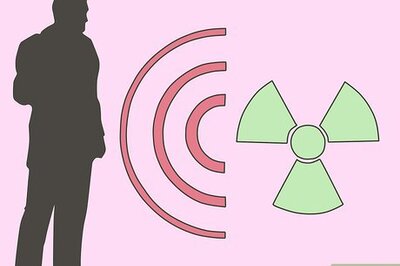
views
London: A new method can identify what information will be relevant on social networks such as Twitter and predict what will "go viral" across the Internet up to two months in advance.
This may help predict social movements, consumer reactions or possible outbreaks of epidemics, researchers said.
Scientists, including those from the Universidad Autonoma of Madrid, made use of one of the properties of the social networks that can also be observed in Twitter; known as "the friendship paradox": your friends have, on average, more friends than you.
In the case of Twitter, after analysing a sample of data from 40 million users and 15 billion followers in 2009, the researchers were able to show that each user had an average of 25 followers, who in turn had an average of 422 followers, that is, almost twenty times as many.
"This means that a person's followers have a role in a social network that makes them very relevant when it comes to spreading or receiving information," Manuel Garcia Herranz, of the Computer Engineering Department at the Universidad said.
Researchers randomly selected a group of users and took some of their followers as the sensor group.
They found that those "sensor-friends" play a more important role than what was previously believed, because they receive information long before the previously chosen users.
"We were really surprised. We thought the method would give us a few hours early warning, but instead it gave us several days, and sometimes even weeks or months," said co-senior author, James Fowler, from the University of California-San Diego (US).
For example, the sensor model predicted the "viral" rise of the hashtag "#Obamacare" as a Twitter trend, detecting it two months before it peaked on Twitter, and three months before it reached the highest number of Google searches with that name.
In general, this new method turns out to be very simple and effective for monitoring social networks, researchers said.
Data from just 50,000 Twitter users is enough to achieve these levels of prediction and to know what will "go viral" across the entire Internet.
The system can be used in real time, about different topics, in different languages and geographical areas, thus allowing for different contexts to be covered.
It can help discovering new opinions in a political debate, predicting social movements, obtaining previous knowledge of consumers reactions to new products, or analysing how messages regarding certain illnesses or epidemics are spread in the public health arena.
The study was published in the journal PLoS ONE.



















Comments
0 comment